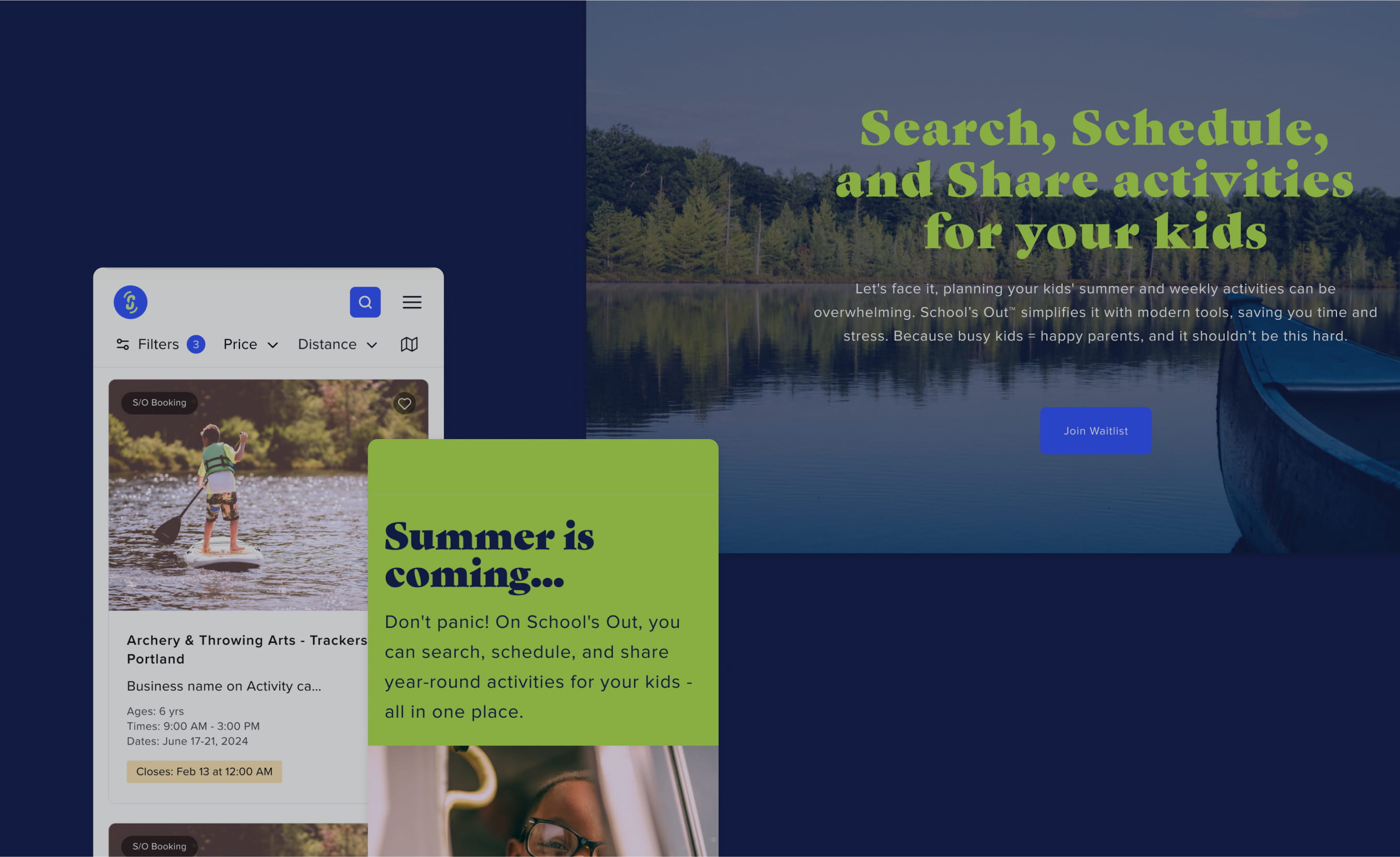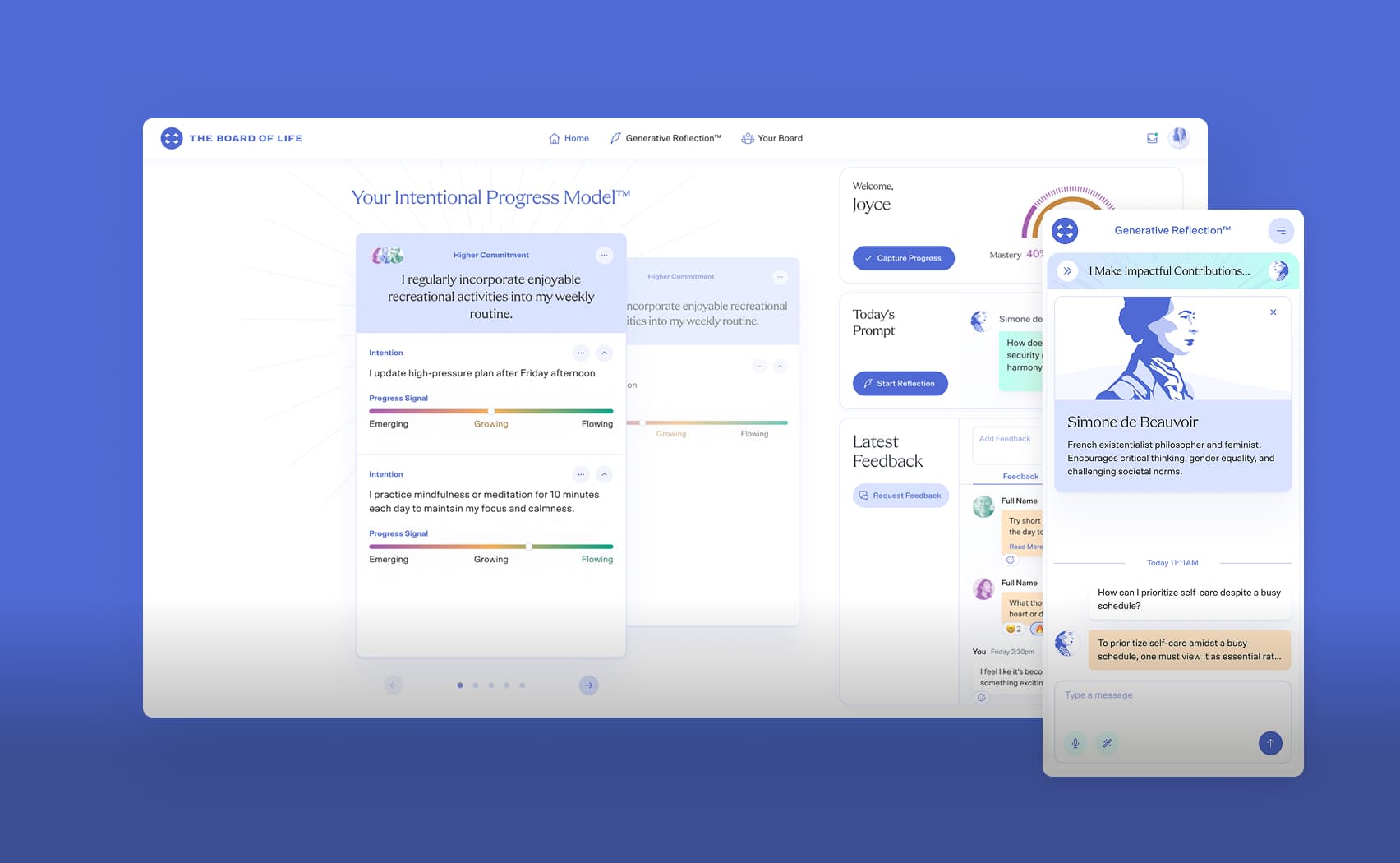Will AI overtake our jobs?
In November last year, ChatGPT was released to the public. The OpenAI team has done a quality job, and their artificial intelligence shows excellent results and generates text messages and code. Because of this, some began to talk not only about the fact that, for example, the professions of a writer, artist, lawyer, and others will sink into oblivion but also that programmers will no longer be needed.
Someone smugly tries to say that artificial intelligence is still feeble and will not soon replace people. Someone thinks that humanity will soon not have to work. Someone is terrified of the uprising of the machines. I do not take the side of any radical parties, and I want to consider the situation from different angles to get closer to the objective truth.
Where does fear come from?
People are afraid that AI will take away their jobs. This fear is related to the reality that the same ChatGPT can write the code or text of the article. Some AIs can even drive a car, maybe not as well as a professional driver, but before, the AI didn't know how to drive.
Gradually, as technology develops, a person will be forced out of their usual work and will no longer be engaged in the tasks they used to do. If you look into the past, you can find that the fear of their work existed even then. So in the first half of the 19th century, Luddites flourished—workers who participated in spontaneous protests against introducing machine tools into production. People destroyed machine tools and smashed plants and factories when technological unemployment began in Europe.
I don't know about others, but it seems strange to me. A protest against labor automation? Although people can be understood, losing a job is unpleasant. Try to answer the question: do you want things to be sewn by hand or let the machine do it?
Why shouldn't you be afraid?
It would be best if you were not afraid of the development of technology, as this frees people from the shackles of monotonous activity. For clarity, I will give an example of the work of a journalist.
Of course, writing the same news is more intellectual work than knitting stockings or operating a loom that knits socks. But to tell the truth, at some point, you begin to understand that you always write about the same thing. I know what I'm talking about because, before becoming a developer, I worked as a journalist. And now you realize that you no longer want to be just a news writer; you want something more complex, so you go to the editors. Before you can do that, you need to train your replacement—other news writers. Then you already edit their text. With AI, you can already do without someone else doing the tedious work for you since the same ChatGPT can write news, and you will edit them. Then you conclude that the machine can do an excellent job with the editing.
Do you understand what I'm getting at? The development of technology allows a person to do more exciting work. It's the same with a developer. Why not if the machine can write code for the model, controller, and view? I, for one, will gladly do something more complex, and that's fine. In addition, people will have more time for work, study, and recreation. With each technological revolution, people have more and more time to live, create, and not do routine work.
You don't have to work anymore
Someone may be afraid that humanity will become lazy and become a society like the one presented on the ship in the cartoon WALL-E. This is a too-dystopian scenario. The nature of human labor will change since there is no limit to the development and knowledge of something. There is no conditional end since the world develops endlessly. Everything dies, yes, but something new is always born in the ashes of the old.
Someone used to think that people would always plow the land by hand, that there would always be monarchs and emperors, and that lawyers were always needed, but everything changes, and you need to be prepared for this.
How can we prepare for the future?
To begin with, it is worth accepting that the current state of things can change dramatically. Previously, everyone needed a coder, but now artificial intelligence has replaced it. What then to do? It was necessary to immediately think about what was worth going beyond the scope of their current duties. Learn something new both at work and outside of it.
A couple of years ago, I realized that working around the clock is not very productive. It would be best if you always left time for learning. You can’t just work and work and then, at some point, become much better. If you do not spend time learning, you will stagnate in one place, but your progress will slow down significantly.
It would be nice to look at the world around you. If you do not know about new technologies, do not communicate in IT communities, and withdraw into yourself, you may not even notice how a machine will replace you.
In conclusion, there is no need to be technophobic or afraid of AI. A machine is just an advanced tool we need if we want to achieve something unrealistically cool. It may be easier to destroy factories and knit stockings by hand, but more is required to change the world.



